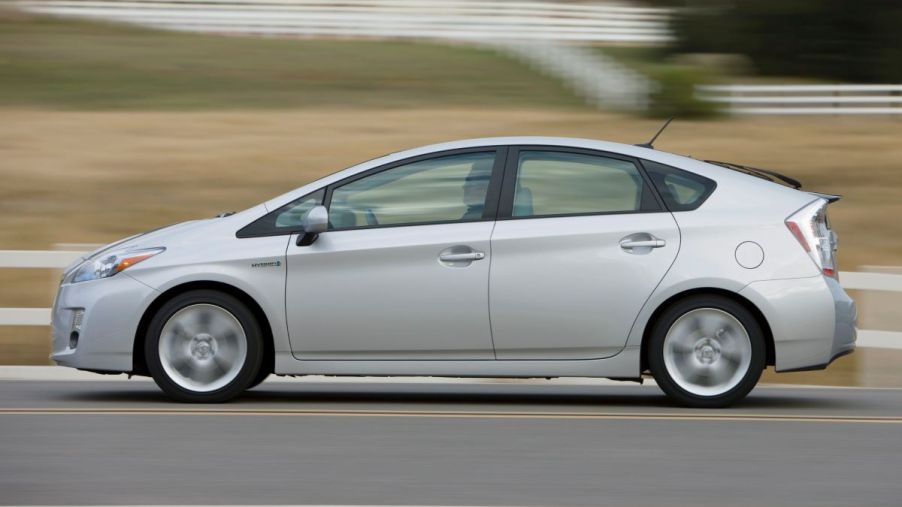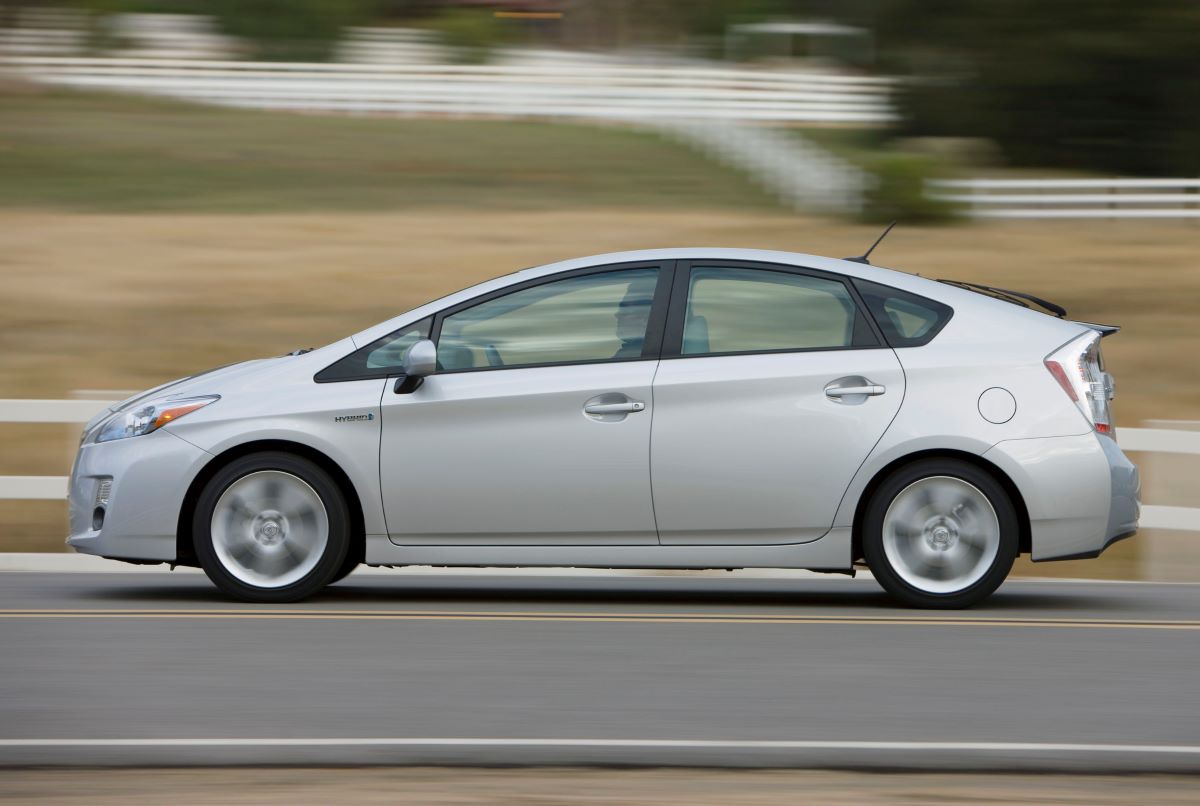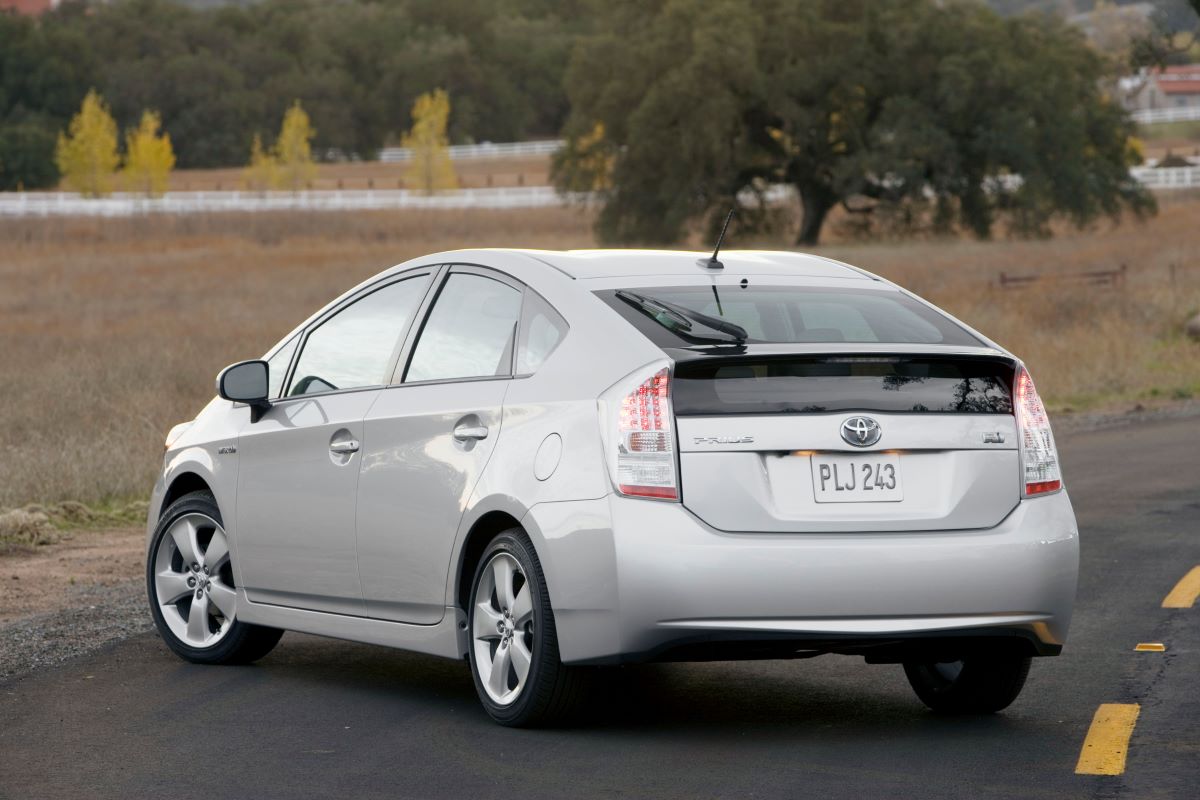
Is the 2010 Toyota Prius Worth Avoiding Due to These Common Problems and Recalls?
With hybrids all the rage today, people looking at the used market may want to experience hypermiling on a budget. Considering electrically-assisted internal combustion is no longer a novel technology, reliability concerns are becoming a thing of the past. With all the models available today, one may want to opt for the original leading hybrid of the bunch. Potential buyers of a used Prius gain a spacious, tech-laden interior, a comfortable ride, and unrivaled fuel economy. Yet, some model years have their bugs—some more than others. With that in mind, is the 2010 Toyota Prius worth avoiding with its infestation?
2010 Toyota Prius Common Problems
One of the biggest complaints about the 2010 Prius is excessive oil consumption. The 1.8-liter four-cylinder may be small, but many owners on CarComplaints say it uses a quart of oil per fill-up. Interestingly enough, just as many report no oil leaks under the car. Others state they’ve had to clean out the injector ports, intake manifold, and other parts. Despite dealerships claiming oil consumption is normal, there are dozens of reports of engine rebuilds and replacements, including the presumed piston ring culprits.
Burned-out headlight bulbs are another constant issue for 2010 Toyota Prius owners. It may not sound like a significant issue, but when it happens while driving 70 mph on the highway at night, it certainly is. There isn’t a clever fix for the problem, only replacing the bulbs. However, owners may have to do it once per year.
Loss of brake functioning also blights owners. Many claim erratic performance on bumpy surfaces, saying braking pressure fails, especially at low speeds. Yet, it’s fixed through one of the many government recalls issued for the 2010 model year hybrid sedan.
If one picks up a white 2010 Toyota Prius with a pristine paint job, it’s a reasonably uncommon find. Even more than HVAC issues, electrical snafus, wonky interior pieces, and failing wheel bearings, people complained about paint job quality. Nevertheless, the problems only seem to plague Prii in “Blizzard Pearl” or “Super White.”
Recalls on the 2010 Toyota Prius

Recalls aren’t necessarily a bad thing. When the National Highway Traffic and Safety Administration (NHTSA) issues one, manufacturers must rectify the problem. Therefore, some faults on a used 2010 Toyota Prius may be addressed by the time they’re on the second-hand market. But recalls do establish a pattern that paints a poor picture of quality control.
The NHTSA issued 10 recalls on the 2010 Toyota Prius. A couple are for mislabeled load-carrying capacities, but the others are more serious. A programming issue with the anti-lock braking system in a low-speed situation was fixed using a new electronic control unit. The front passenger seat was out of calibration with the airbags system. A component in the brake booster assembly released nitrogen into the brake fluid, causing an increase in stopping distance. There are also faulty seat heater electrics, cracking curtain shield airbag inflators, and two recalls for complete drivetrain failure because of the inverter.
Is it worth the headache?

You may not want to read through the 486 technical service bulletins (TSBs) to figure out why the brakes squeak, among other issues. And the latest TSB was released in November 2022. It states that 2010 Toyota Prii may suffer from water intrusion leading to a musty interior smell. Consequently, more issues may arise as they continue to be driven.
The 2010 Toyota Prius was the first year of the third-generation hybrid sedan. As many may know, the first year following a redesign often means more issues than the preceding model year. Fortunately, vehicles tend to get better every subsequent year. So, how’s the 2011 Toyota Prius stack up?
Is the 2011 Toyota Prius a better option?
According to owner entries, the issues with the 2010 Prius seem to live on into the 2011 model year. However, there are fewer instances of them. As far as the number of grievances is concerned, CarComplaints fielded 651 on the 2011 Prius and over 3,000 on the 2010 model. The NHTSA also gave it a better bill of health, issuing just six recalls. Regrettably, they’re for the more severe issues befalling the previous model year.
Mechanically speaking, potential owners may experience similar issues in the 2011 Toyota Prius as the 2010 Prius. But again, the further a vehicle gets from the redesign date, the better it typically is. For a better version of the third-generation Prius, the 2014 and 2015 model years are two of the least complained about models in the two-decade history of the Prius.


